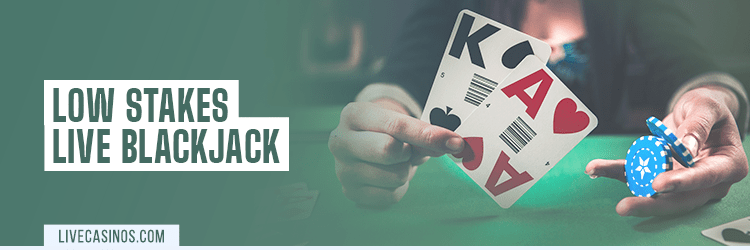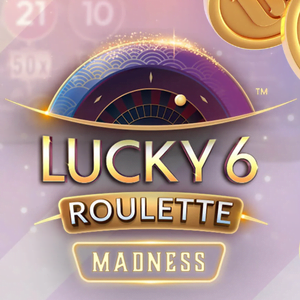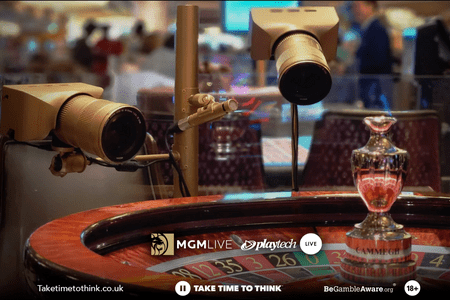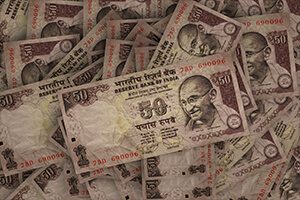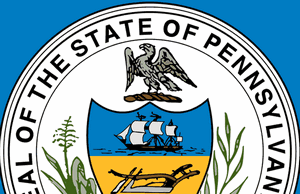
After Sheldon Adelson and his Coalition to Stop Internet Gaming conducted a telephone survey about legalizing online gambling, the results presented to the public showed that majority of voters were against legalizing online gambling. As an immediate answer to Adelson’s survey appeared another poll organized by The Bravo Group and found quite opposing results. According to this poll, which included 769 voters, 66% are supportive of regulation of internet gaming.
Ever since State Representative and the Chairman of the House Gaming Oversight Committee John Payne introduced an online gaming bill heated discussions have been going on about whether or not online gambling should be legalized. According to Payne, Pennsylvania should follow the examples of neighboring states such as New Jersey and Las Vegas and secure and additional revenue through regulation and taxing of online gambling. The first one to oppose to such an idea was definitely well-known adversary of online gaming, billionaire Sheldon Adelson who owns Las Vegas Sands, one of the largest land-based casino operators. In his fight against legalizing online gambling he has went so far that he organized a survey to back his stand in this issue. The survey of 513 voters showed that around 70% of them were against the legalization of internet gambling.
Naturally, the validity of this survey was immediately questioned so another one was conducted, this time by The Bravo Group and the results were, to say the least, different. The poll gave answers to several important questions. Out of 769 voters 66% said that they are in favor of the idea to legalize and tax online gambling and invest the revenue in “education and other vital state programs,” while 52% stated that they would like to see a bill that obliges the online gambling sites to use technology in order to tackle gambling addiction problems, for example, limit the deposits and time played and thus limit losses. A share of 80% are in favor of a regulation that would prevent minors and children from gambling. Finally, around 60% stated that they would probably vote for the person who introduces a bill that taxes online gambling and regulates it so as to prevent children and illegal gambling.
Payne’s bill considers legalization of online poker but there are other bills that are being considered as well. One of them suggests that apart from online poker, online casino should be allowed, whereas the third one advocates for putting a complete ban on online gambling. The discussions are ongoing and they will carry on in the attempt to work out the best strategy for the positioning in online gaming industry.



































 Roulette
Roulette
 Blackjack
Blackjack
 Baccarat
Baccarat
 Poker
Poker
 Sic Bo
Sic Bo
 Dragon Tiger
Dragon Tiger
 Game Shows
Game Shows  Top 5 Games
Top 5 Games  See more
See more  Roulette Casinos
Roulette Casinos  Low Limit
Low Limit  High Limit / VIP
High Limit / VIP  Exclusive
Exclusive  How to Play
How to Play  Basic Strategy
Basic Strategy  Top Tips
Top Tips  FAQ
FAQ  Blackjack Casinos
Blackjack Casinos  Baccarat Casinos
Baccarat Casinos  Bonuses
Bonuses  Poker Casinos
Poker Casinos  Game Providers
Game Providers  Sic Bo Casinos
Sic Bo Casinos  Dragon Tiger Casinos
Dragon Tiger Casinos  Credit and Debit Card
Credit and Debit Card  e-Wallet
e-Wallet  Cryptocurrency
Cryptocurrency  Bank and Checks
Bank and Checks  Pay by Phone and SMS
Pay by Phone and SMS  See more
See more  How-To Guides
How-To Guides  Top Lists
Top Lists  In-Depth
In-Depth  Strategy
Strategy  Casino & Games
Casino & Games  Insight
Insight  News
News  Promotions
Promotions  Guide to Live Casinos
Guide to Live Casinos  Top 10 Live Casino Tips
Top 10 Live Casino Tips  FAQ & Help
FAQ & Help  Meet The Dealers
Meet The Dealers  Our Awards
Our Awards  Responsible Gambling
Responsible Gambling 
































 ENG
ENG 




